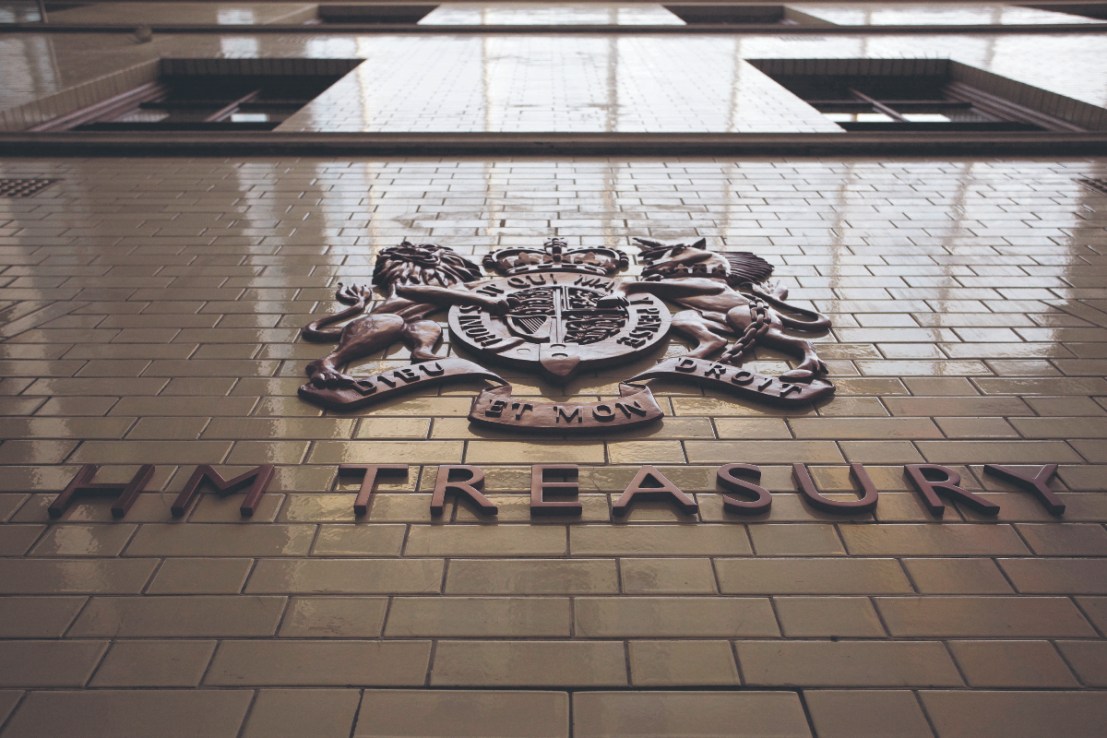‘No doubt’ of inheritance tax reform as government books a record haul from the levy
New figures from HMRC showed inheritance tax receipts hit £3.5bn between April and August, £300m higher than the same period last year.


Inheritance tax receipts are on course for another record-breaking year amid rumours that the Chancellor is drawing up plans to squeeze further revenue out of the controversial levy.
New figures from HMRC showed inheritance tax receipts hit £3.5bn between April and August, £300m higher than the same period last year.
Like many other taxes, the government has frozen the thresholds at which inheritance tax applies, meaning more estates have been pulled into its orbit as asset prices have increased.
The levy raised a record £7.5bn in the 2024 financial year, which was a £400m increase on the record £7.1bn raised the year before.
Shaun Moore, tax and financial planning expert at Quilter, said the increase in inheritance tax receipts would “no doubt” fuel rumours that Labour was preparing to raise more through the levy.
Currently inheritance tax stands at 40 per cent and is paid on estates worth over £325,000, although there are a range of exemptions which mean only five per cent of deaths are taxed and often at a much lower effective rate.
Chancellor Rachel Reeves is widely rumoured to be considering ways to increase revenue from the tax as she seeks to address an alleged £22bn blackhole in the public finances.
Reports suggest she wants to close some of the loopholes on inheritance tax, such as the inheritance tax break on AIM shares. This allows shares to be passed on tax free if held for at least two years before an individual dies.
These rumours have sparked warnings in the City that the Chancellor would do “irrecoverable damage” to London’s junior market if she scrapped the relief.
Andrew Tully, technical services director at Nucleus, said other reforms could be made. “Changes could be made such as scrapping or updating the rules on agricultural land,” he said.
Currently, a person can claim up to 100 per cent relief on the inheritance of agricultural land if it is being actively farmed.
Tully also said there could be a “tightening of qualifying criteria” for business relief, although he warned this might not “tie with the desire to increase investment in the UK”.
The IFS has argued that the government could raise an extra £4bn by closing loopholes in the inheritance tax system.
Moore at Quilter said there was a “strong argument for simplifying the system” so that it was more appealing to gift during one’s lifetime.
“The complexity of the current system often leads to confusion and inequities. A simpler system could help reduce the administrative burden for both taxpayers and HMRC, while also making it fairer,” he said.



